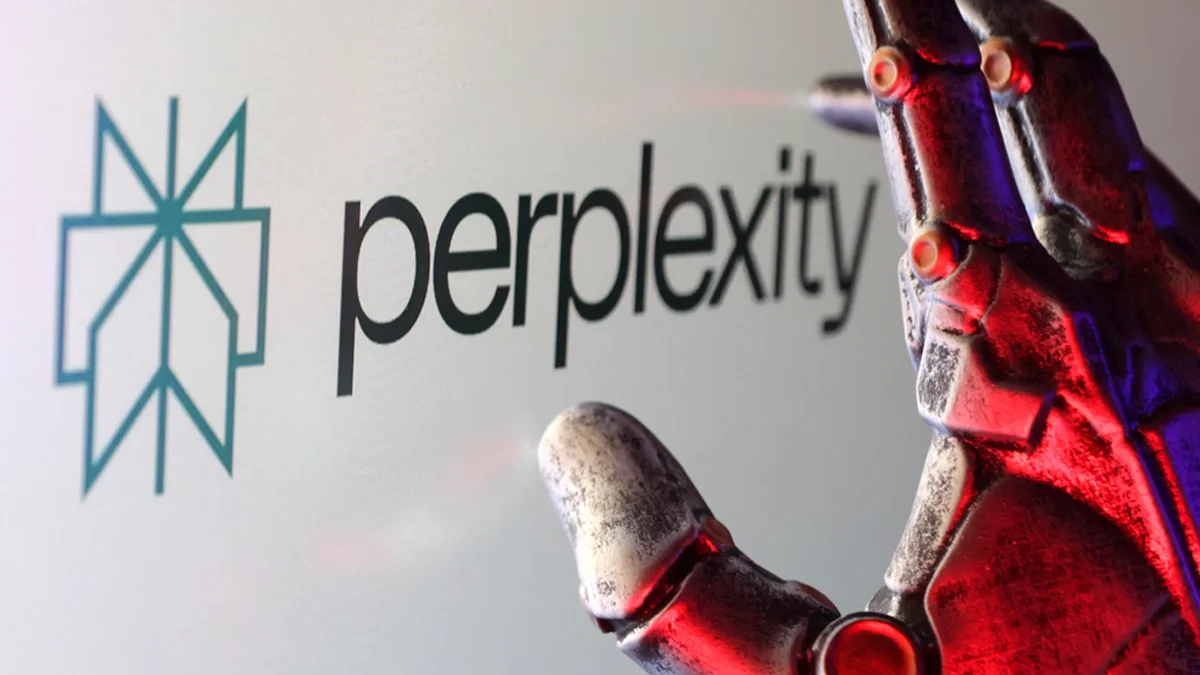Necessary Always Active
Necessary cookies are required to enable the basic features of this site, such as providing secure log-in or adjusting your consent preferences. These cookies do not store any personally identifiable data.
|
||||||
|
||||||
|
||||||
|

Nvidia and Perplexity have come together to provide localized, sovereign AI models to EU users, the Wall Street Journal reported. The Nvidia Perplexity partnership will see the US companies work with over a dozen AI companies in Europe and the Middle East to refine their AI technologies and share them with local businesses. Nvidia announced its deal with Perplexity at the Paris AI conference on June 11.
At the heart of the Nvidia Perplexity partnership is a plan to boost regional AI foundation models across Europe. Nvidia will work with AI companies in Germany, France, Sweden, Poland, Italy, and Spain to integrate local languages in AI reasoning models that can complete more complex tasks.
“We reached out to and have talked to about 13 AI model builders in the region, to be able to say that we’re going to help them train models. To be able to both train on the languages that are unique to their culture, and then offer them in Perplexity,” Nvidia VP for Generative AI Software for Enterprise Kari Briski said in an interview.
AI models that are built in the English and Chinese languages have already shifted to sovereign AI. However, this shift is challenging in languages where training data is inadequate.
Nvidia says it will help EU model developers to generate synthetic data in local languages.
“We’re doing a lot of synthetic data generation to bring to these low-resource languages and translating our reasoning data so that they can train on it. Europe needs strong models that reflect each nation’s unique language and culture,” Briski added.
Nvidia views sovereign AI as an important aspect in its growth prospects. The US chip giant is already working with a French AI company called H to develop open-source sovereign AI models. These models will run on local AI infrastructure developed by EU partners through the DGX Cloud Lepton, a service that links AI developers to Nvidia cloud providers.
Companies can access the models by integrating with the popular open-source model platform, Hugging Face. This access will allow them to improve the models or customize them based on their needs. After training EU AI models, Perplexity’s AI tech support in Europe will support their distribution across EU countries. This will enable businesses to run them in local data centers and use them to complete tasks such as research.
By doing so, Perplexity users will be able to interact with all 24 official EU languages. Perplexity says that already Germany is leading in the use of its platform. The AI search platform ranked this EU country as its second highest revenue generator.
“That’s the kind of system we are heading to in the future, where models are basically doing a few hours’ worth of work in one single prompt,” Perplexity CEO Aravind Srinivas said.
Perplexity believes that the world should have many AI models, not just a single one ruling them all.
“I think everybody should be able to build tailor-made, custom AI’s for their needs and cultural preferences and so on. We want to make Perplexity a pretty model-agnostic platform,” Srinivas said in an interview.
The partnership between Nvidia and Perplexity comes at a time when the AI chip giant has been closing deals across the globe. These include the massive UAE chip deal and another to design a supercomputer in Taiwan.
As part of its EU expansion, the US chip maker closed a partnership deal in the UK on sovereign AI. The company has also teamed up with the Slovak Republic and the University of Ljubljana in Slovenia to optimize its AI models.
These deals are part of Nvidia’s goal to make AI accessible to more enterprises and people around the world. Realizing this goal will provide huge benefits for the company’s chip manufacturing business. Perplexity will also reap big from its partnership with Nvidia. The AI search platform will boost its profile significantly as it competes with bigger rivals like OpenAI.